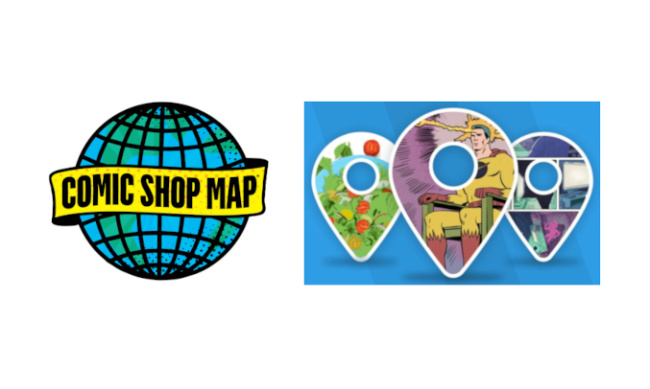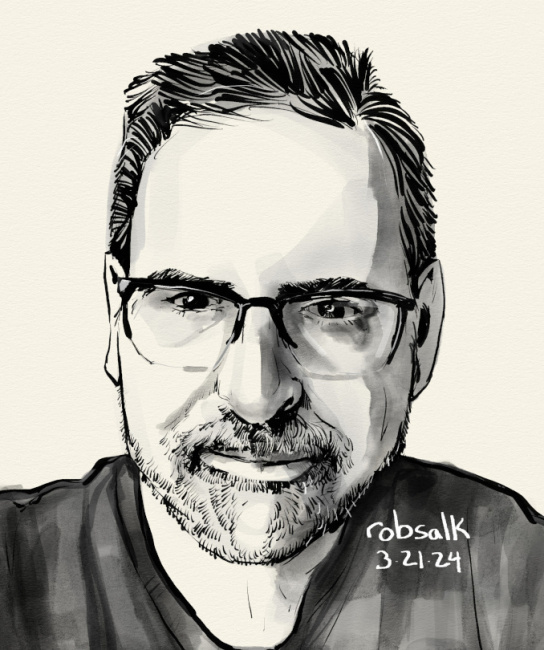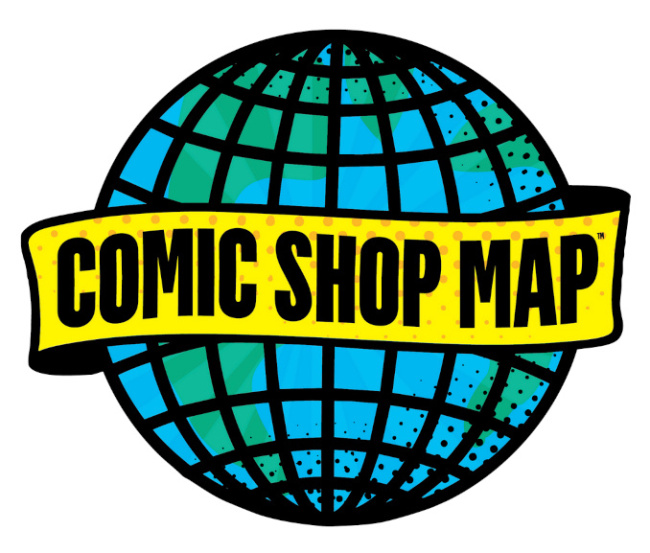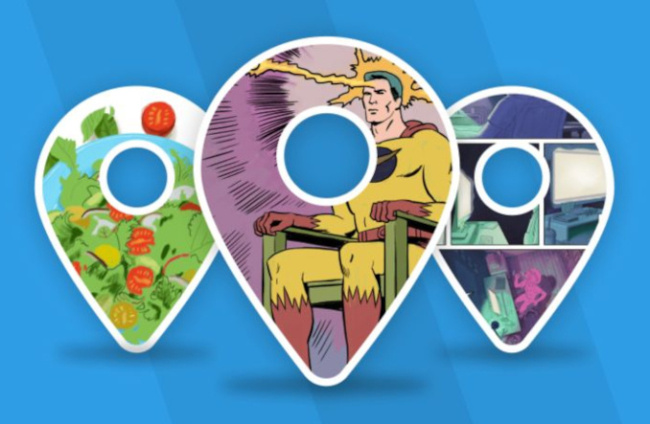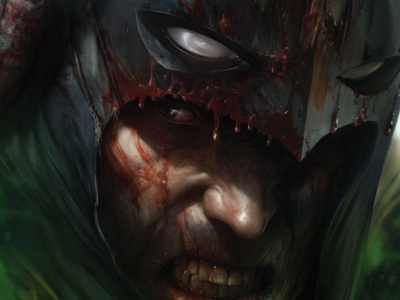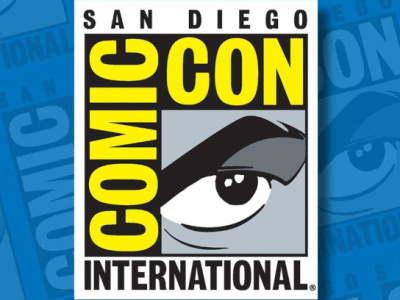Last time in this space, I concocted some fan fiction about a possible digital alternative distribution platform to help smaller publishers and retailers bridge the gap left by the Diamond Comic Distributors bankruptcy (see "Mapping a Post-Diamond Future: Is an “Indie Direct” Channel Possible?"). Today I'm going to look at a few technologies that exist in the here and now that don't exactly solve the big problems, but alleviate some of the pain points that arise from the lovably peculiar traits of our business.
Location, location, location. One of the small but important services Diamond provided for the industry was the comic book store locator. For decades, every publisher included a link in the bottom of their announcements to help new or recently-relocated fans find a retailer nearby. Unfortunately (and stop me if you've heard this one before) this once-useful Diamond feature fell into disrepair due to years of neglect and failure to innovate.
Around the end of last year, two software-minded comics fans on opposite ends of the country independently realized that the industry needs a new locator app, especially if things ended up going the way they ended up going for Diamond.
"It was a combination of existing data, bots and sweat equity," says Witting, a software developer currently based in Portland, Maine.
The site currently lists about 2,000 stores in the United States. Witting says he plans to expand the list to Canada in the near future, and internationally, where he says it gets tricky, later on.
Meanwhile, in Seattle… Across the country, Kenny Meyers, one of the cofounders of now-defunct digital comics storefront Omnibus (see "Startup Digital Platforms"), also realized that a tool to connect customers with shops would be a nice addition to the basket of tech goodies he is building for the comics business, including the Bindings marketing platform for creators and publishers, and the Sweet digital comics platform.
Find Your Comic Store (FYCS) offers similar map-based functionality but starts from the user’s location. It's also global, with a list of stores worldwide that Meyers thinks will eventually level out around 5,000 "very specifically comic books stores." Meyers built his app starting with Diamond's data set, which he said was last updated pre-pandemic. Consequently he and his team have been cleaning through the data and asking users to help update it with store openings and closures. "We get several reports a day, so it's really growing because it’s community-driven."
FYCS has a feature that allows stores to "claim" their listing and update it with photos and current information. Witting also has an upgraded listing available on Comic Shop Map, but it is currently reserved for CSN subscribers as a thank you for their business.
The website League of Comic Geeks also has a map-based feature to find local stores with the same basic functionality as the two sites described above.
More tools in the pipeline. None of the current store locator apps are going to make their developers much money, as they don't require subscriptions, sell ads or monetize user data. In Witting's case, he sees Comic Shop Map as a way to get attention for CSN. For Meyers, FYCS is a complement to two other higher-stakes projects he and his cofounders Ben Carr and Matthew Anderson have been working on since Omnibus folded.
The first of these projects is Bindings, which launched late last year. Meyers describes this as a single platform that makes it easy to package preview images, promotional copy, links to public social networks and Patreon sites, and a listing of previous works across multiple publisher in one place to simplify marketing.
"It includes information like final order cutoff dates, in-store appearances, crowdfunding campaigns and other calls to action, along with everything from single images to full previews of the books," Meyers explained.
He said a few creators and publishers are already using it to get the word out about upcoming projects and releases, landing directly in the inboxes and social feeds of the target audience. If the days of Previews are numbered (or if that number may already be zero), Meyers sees this as a possible way to fill the gap. It is currently available by subscription.
A Sweet new digital platform. The last and likely more impactful leg of the stool for Meyers and his partners is The Sweet Shop for Comics, a new digital comics platform that they announced earlier this year, scheduled to go live later this summer.
Sweet is a pay-to-download digital app for Android and iPhone (website coming later) with a built-in mobile-friendly reader, a click-to-buy option and "some cool features we haven’t announced yet," says Meyers. It's meant to supplant comiXology as a source for day-and-date digital distribution of new issues, in contrast to all-you-can-eat subscription-based alternatives like GlobalComix.
Last week, IDW Publishing announced it was joining Image Comics as a partner at launch, with just about its entire catalog coming online soon. Most will be DRM-free, depending on the conditions of the licensor in some cases.
"We have a high focus on design," Meyers says. "It’s intended to combine my two favorite applications, which are Steam [the digital game store] and Letterboxd [a social film discovery app that lets people curate their collections). Obviously, the comics community is very opinionated, so it's going to be fun. It will be a digital reading community like a store, where you not only buy your comics, you read them, we’ll have sales and lots of fun things."
Meyers says FYCS supplements Sweet by giving fans an easy way to find a place selling physical copies and merchandise, bringing together the best of physical and digital commerce.
From small things big things one day come. Both Witting and Meyers combine backgrounds as professional software developers with a love of comics to build projects that may not yield huge returns in the near term, but could make the industry stronger down the road.
Sweet is currently comprised of its three partners, with no outside funding ("we're as bootstrappy as it gets," says Meyers). As a business model, it is lower-octane, but also lower risk, than some of the well capitalized alternatives we've seen recently. But maybe, just maybe, these tools are built to last.
The opinions expressed in this column are solely those of the writer, and do not necessarily reflect the views of the editorial staff of ICv2.com.
Rob Salkowitz (Bluesky @robsalk) is the author of Comic-Con and the Business of Pop Cul-ture, a two-time Eisner Award nominee, and a proud longtime contributor to Eisner-nominated ICv2.



